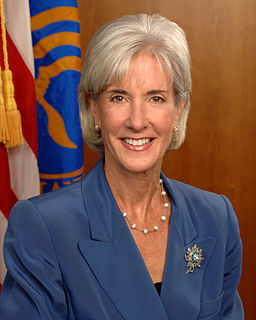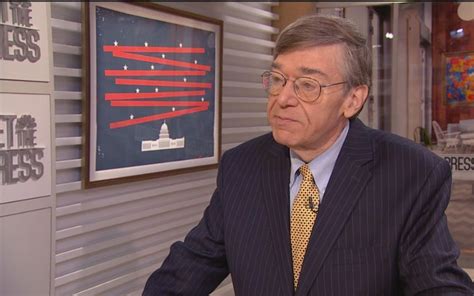A Quote by T.R. Reid
We have the most expensive compliance system in the world. The IRS brags that they spend 35 cents for every $100 they collect. They're very efficient collectors. And the reason is they stick the real cost on you and me.
Related Quotes
Congress is supposed to fund the IRS, and it has been steadily reducing the number of auditors and tax collectors the IRS has at the very time that the tax system has become vastly more complicated. And of course America continues to grow, so there's an increasing number of tax returns coming in. The IRS responds by doing exactly what Congress expects of them. That shouldn't surprise anyone. All bureaucracies do what they are told.
At age nine, I got a paper route. Sixty-six papers had to be delivered to sixty-six families every day. I also had to collect thirty cents a week from each customer. I owed the paper twenty cents per customer per week, and got to keep the rest. When I didn't collect, the balance came out of my profit. My average income was six dollars a week.
When you look at "Obamacare," the Congressional Budget Office has said it will cost $2,500 a year more than traditional insurance. So it's adding to cost. And as a matter of fact, when the president ran for office, he said that by this year he would have brought down the cost of insurance for each family by $2,500 a family. Instead, it's gone up by that amount. So it's expensive. Expensive things hurt families. So that's one reason I don't want it.
I support repeal, but I think we ought to also spend time on the replacement side of that. The Republican approach has never been, 'Let's get rid of this,' but, 'Let's replace it with something that does deal with a very real problem in our healthcare system.' And that is the entry's cost and lack of coverage.
This is another area in which savings can also be moved from wasteful - like the F-35 weapons system that will cost us $1.5 trillion by the time it's done and it's obsolete, you know, it's a weapons system - as well as this global military infrastructure, which is unlike anything the world has ever known at any time.
There's no razor in candy. If for no other reason, it doesn't make financial sense. It's not fiscally prudent. How much does a piece of candy cost - like, a penny and a half? An apple's like 15 cents? Anybody here bought a Mach 3 replacement cartridge recently? They're so expensive, they don't even keep them on the shelf. You know, you have to ask the people behind the counter. I feel like I'm trying to buy enriched plutonium or something.


































